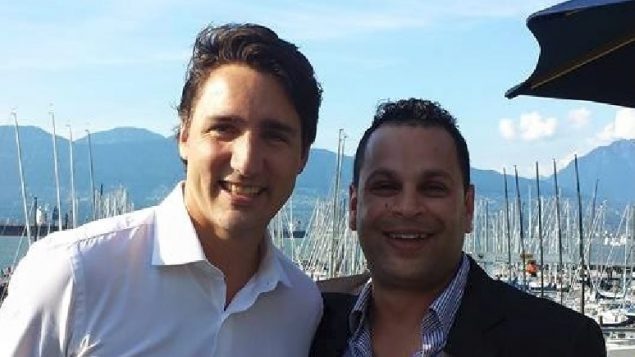Death threats, swearing, support for terrorists, severe lack of historical knowledge and more are all things that have been posted online and haunted many Canadian politicians and political party officials in recent years.
The most recent election in Canada’s most populous province showed an example of how a number of social media posts have come back to haunt candidates and political parties
For example a New Democratic Party hopeful offended scores of lawful gun owners in the province, and others when she tweeted shortly before the election that “ I would not be sad to see these gun nuts blown to xxxx by a drone”.
She later issued an apology and remained with NDP but did not win the seat in Scarborough.
Another NDP candidate in Ontario was dropped after a 2013 Facebook posting came to light in which Tasleem Riaz posted a meme of Hitler on her page, and an earlier one in which Canadian soldiers in Afghanistan were a “slaughtering machine”. Her apologies did not save her candidacy.
“If you’re going to run for office you better be completely bland and inoffensive,’ they have to start thinking of that 10, 15 years ahead of time” Royce Koop communications professor
Another case involved a provincial Progressive Conservative candidate who had posted support on Facebook for the Tamil Tigers, a group labelled by the federal government as a terrorist organisation.
The posts from 2011 were removed before the election and Vijay Thanigasalam tweeted an apology saying he no longer supported those views. Many expressed great concern for the apparent support, while some later condemned the removal and apology calling him a “sellout”, he nevertheless remained with the party and won his seat.

Vancouver Liberal riding chair Mark Elyas (right) posing with Prime Minister Trudeau, had a “meltdown” on social media with vitriolic posts against the US President and then also against critics of the foul language he used. (Facebook 2016)
In another case this week, a federal Liberal party official’s profanity on Facebook has come to light. A Vancouver-East riding chairman posted an expletive rant against the U.S President Trump on Facebook. When other posters called out Mark Elyas’ post asking if this is how a a federal party representative should express himself in public, and his treatment of women, they received expletive laden rants in return.The posts have since been removed and an apology issued. The federal Liberal party says a review of the situation will be conducted.
Prior to the 2015 general election an NDP candidate shocked the Jewish community and indeed many Canadians by showing a severe lack of historical knowledge. That case involved a rather unfortunate penis joke in 2011 referencing the fence at Auchwitz. What made it even worse for Alex Johnstone, vice-chair of a Hamilton school board, was that in a candidates debate she admitted she didn’t know what Auschwitz was “until now”. She was kept in the party but came in third.
There have been literally dozens of cases where potential candidates and parties have been embarrassed by their social media postings, and sometimes dropped by their parties.
In a comment to the Canadian Press, University of Manitoba political communications professor Royce Koop noted “When we say to people, ‘if you’re going to run for office you better be completely bland and inoffensive,’ they have to start thinking of that 10, 15 years ahead of time,
Additional information- Sources
- Toronto Sun: B Passifiume: Liberal chair’s expletive Facebook posts
- Toronto Sun: B Lilley: Jun 21/18: Liberal official social media meltdown
- Post Millenial: A Taghva: gun nuts “blown apart”
- Huffington Post: R Maloney: May 25/18: Tasleem Riaz-
- Cornwall Free News:May 25/18: Erica Kelly tweets
- Global News: S Bell: Ontario PC candidat apologises for terrorist support
- Huffington Post: R Maloney: Sep 23/15: Auschwitz?
- The Guardian (UK): J Murphy: Oct 5/15: Canadian politicians blunders-12 candidates dropped
- Canadian Press(via CTV): M McQuigge: Sep 11.2015: social media vetting still not priority







For reasons beyond our control, and for an undetermined period of time, our comment section is now closed. However, our social networks remain open to your contributions.